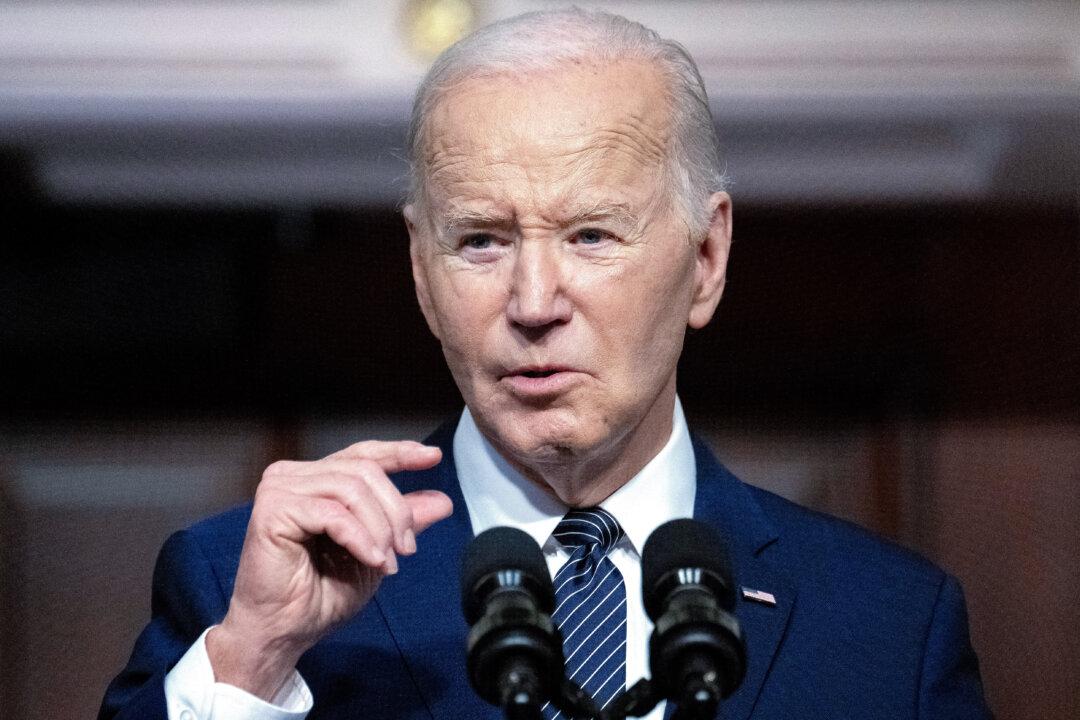The International Monetary Fund (IMF) has sounded the alarm on the Biden administration’s high deficit spending, warning that its fiscal stance and ballooning public debt threaten to stoke inflation and possibly even spark financial chaos.
“The fiscal stance, out of line with long-term fiscal sustainability, is of particular concern,” IMF economists wrote in a recent blog post, which accompanied the release of the group’s latest editions of the its Fiscal Monitor and its World Economic Outlook Report, which both warn of acute risks to public finances in an election year in which much of the political discourse is loudly in favor of fiscal expansion.





